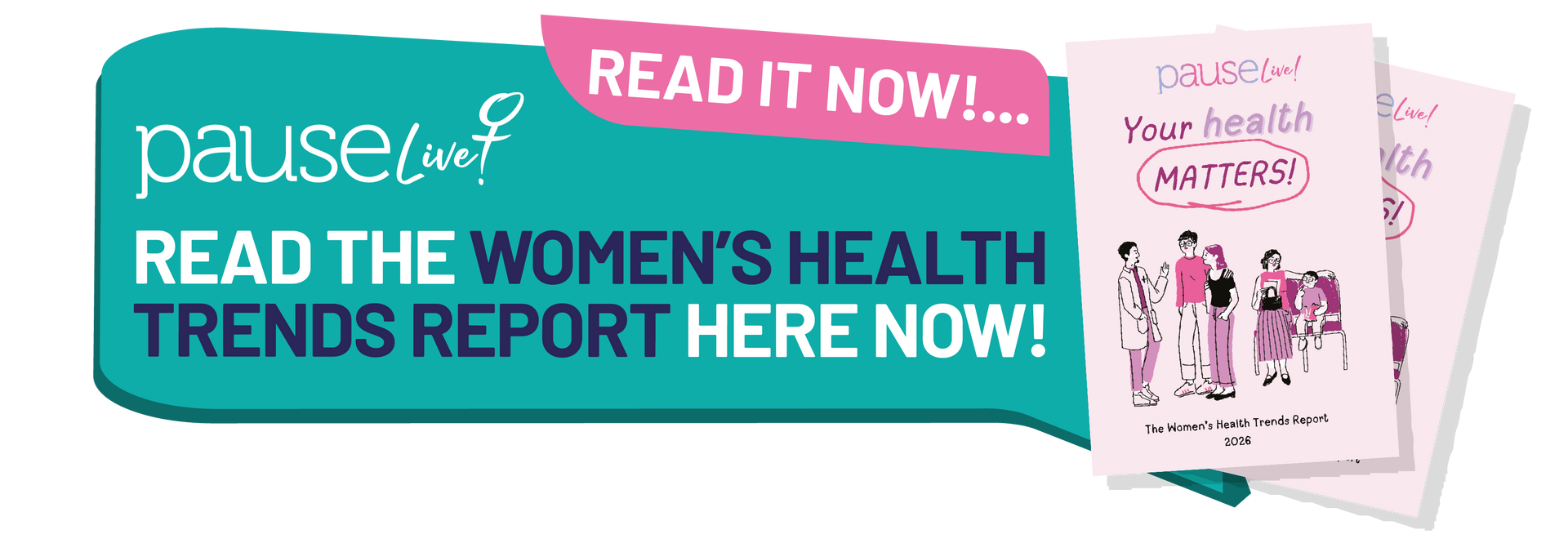MANAGING MENOPAUSE SYMPTOMS
Mood Swings During Menopause
Women experiencing mood swings during menopause may notice:
- Sudden and unpredictable shifts in mood, such as feeling happy one moment and tearful or irritable the next
- Increased irritability or sensitivity to stress
- Feelings of sadness or depression that come and go
- Heightened anxiety or nervousness
- Low motivation or lack of interest in activities that once brought joy
- Emotional outbursts or a tendency to feel overwhelmed easily
These emotional fluctuations can impact relationships, work performance, and overall well-being.
Understanding the Causes
In addition to hormonal changes, other factors contributing to mood swings include:
- Sleep disturbances and night sweats
- Fatigue
- The stress of dealing with physical and emotional changes during menopause
- Psychological factors, such as anxiety about aging or lifestyle changes
These combined elements can exacerbate mood swings, making them more challenging to manage.
Effective Management Strategies
Lifestyle Adjustments
- Regular Exercise: Engaging in physical activity can help regulate mood and reduce stress levels. Aim for at least 30 minutes of moderate exercise, such as brisk walking or yoga, most days of the week.
- Balanced Diet: A well-balanced diet rich in fruits, vegetables, whole grains, and lean proteins can provide essential nutrients to support overall health. Avoiding excessive caffeine, alcohol, and processed foods can also help stabilize mood.
- Stress Management Techniques: Incorporating stress management techniques such as deep breathing exercises, meditation, or engaging in hobbies can help alleviate stress and reduce the intensity of mood swings.
- Sleep Hygiene: Prioritize getting enough sleep and establish a regular sleep routine. Create a relaxing bedtime routine, avoid stimulating activities before bed, and ensure your sleep environment is comfortable and conducive to restful sleep.
- Support Network: Surround yourself with a supportive network of family, friends, or support groups who can offer understanding and empathy during this transitional phase.
Medical and Therapeutic Interventions
- Hormone Replacement Therapy (HRT): HRT can help stabilize hormone levels and reduce mood swings for some women. Discuss the risks and benefits with your healthcare provider.
- Antidepressants or Anti-Anxiety Medications: These may be prescribed if mood swings are severe and affecting your quality of life.
- Cognitive Behavioural Therapy (CBT): CBT can help you understand and manage your emotions and develop healthier coping strategies.
When to Seek Professional Help
If mood swings become severe or significantly impact daily life, it may be beneficial to consult a healthcare professional. They can provide guidance, support, and in some cases, prescribe medication or hormone therapy to alleviate symptoms.


